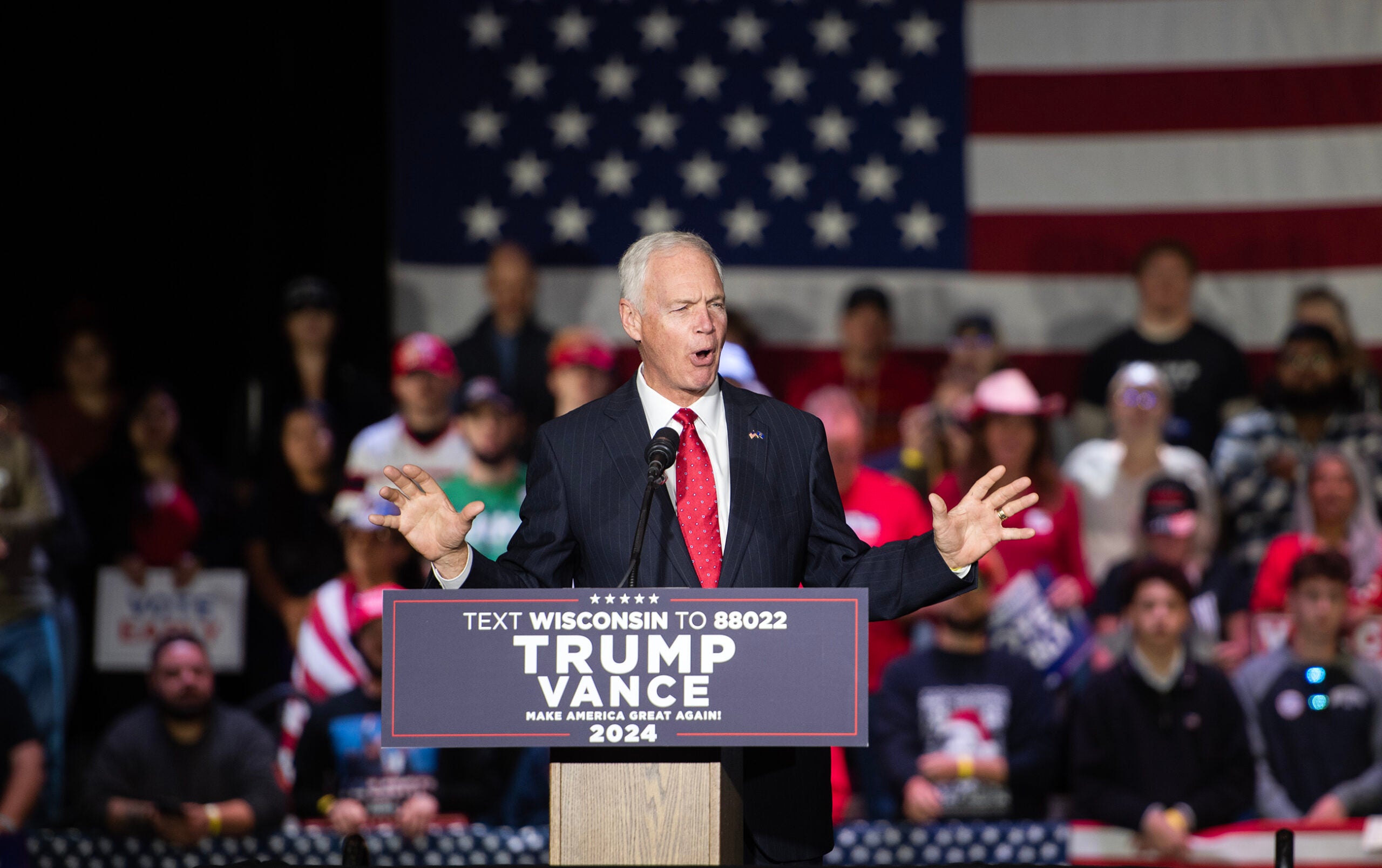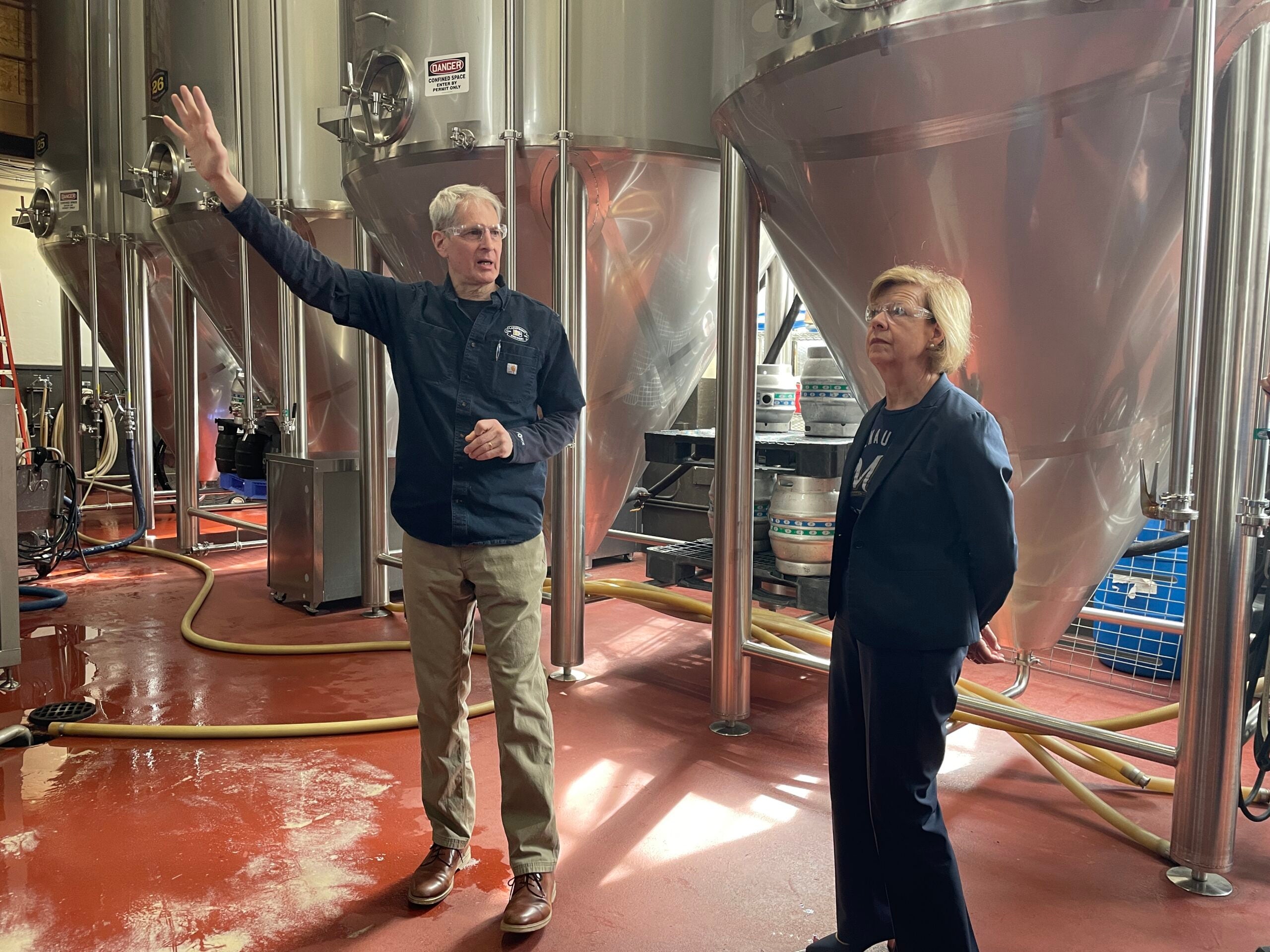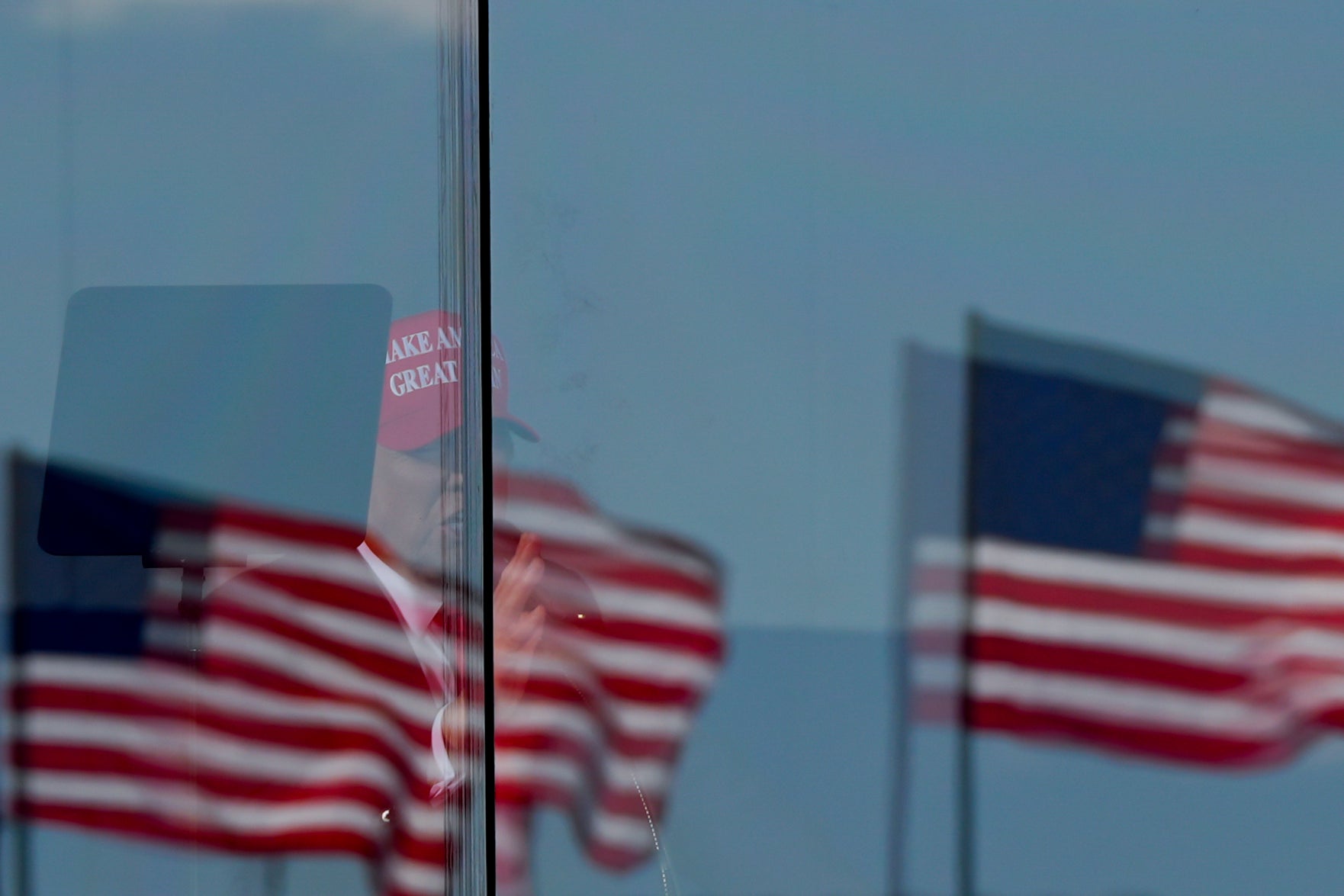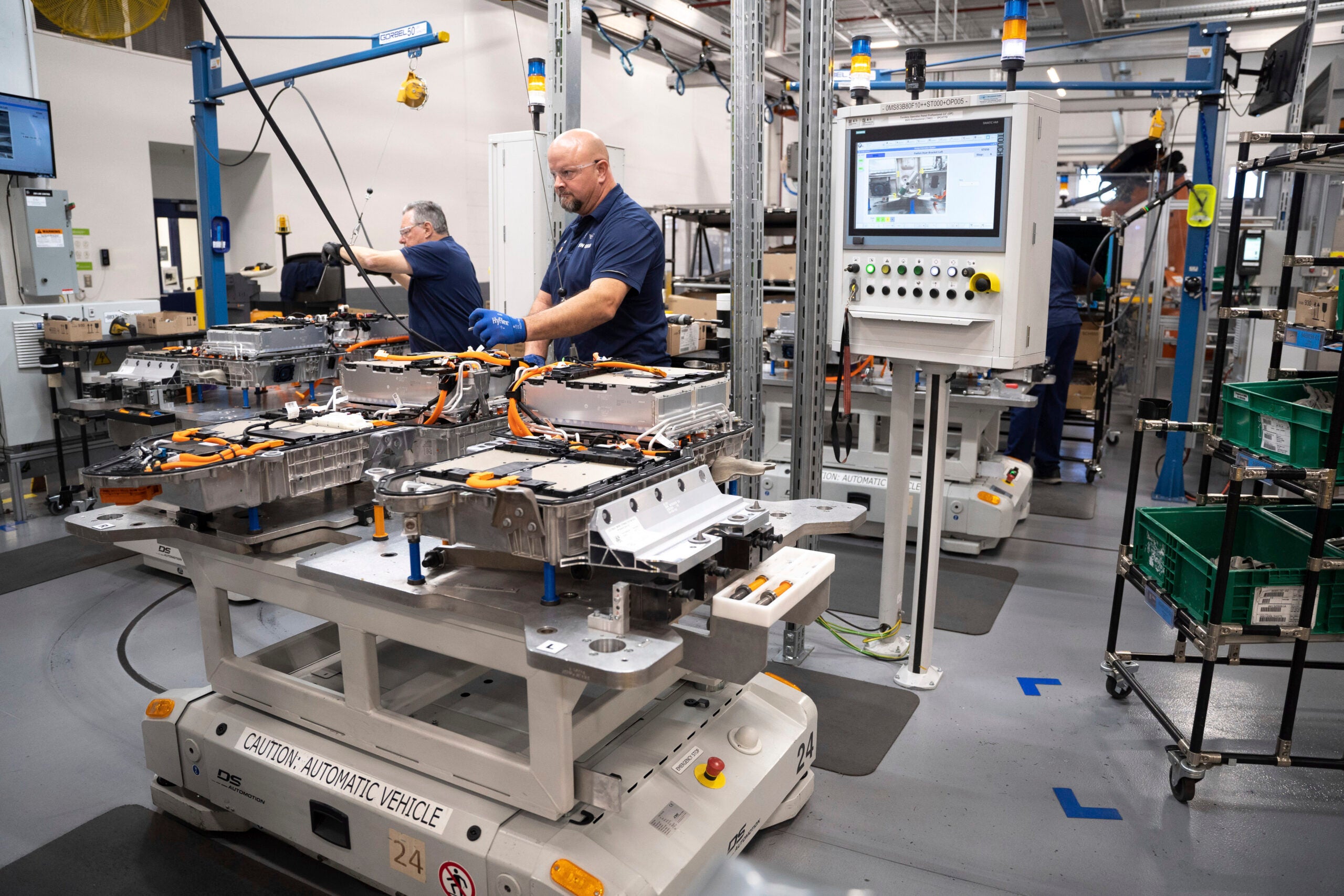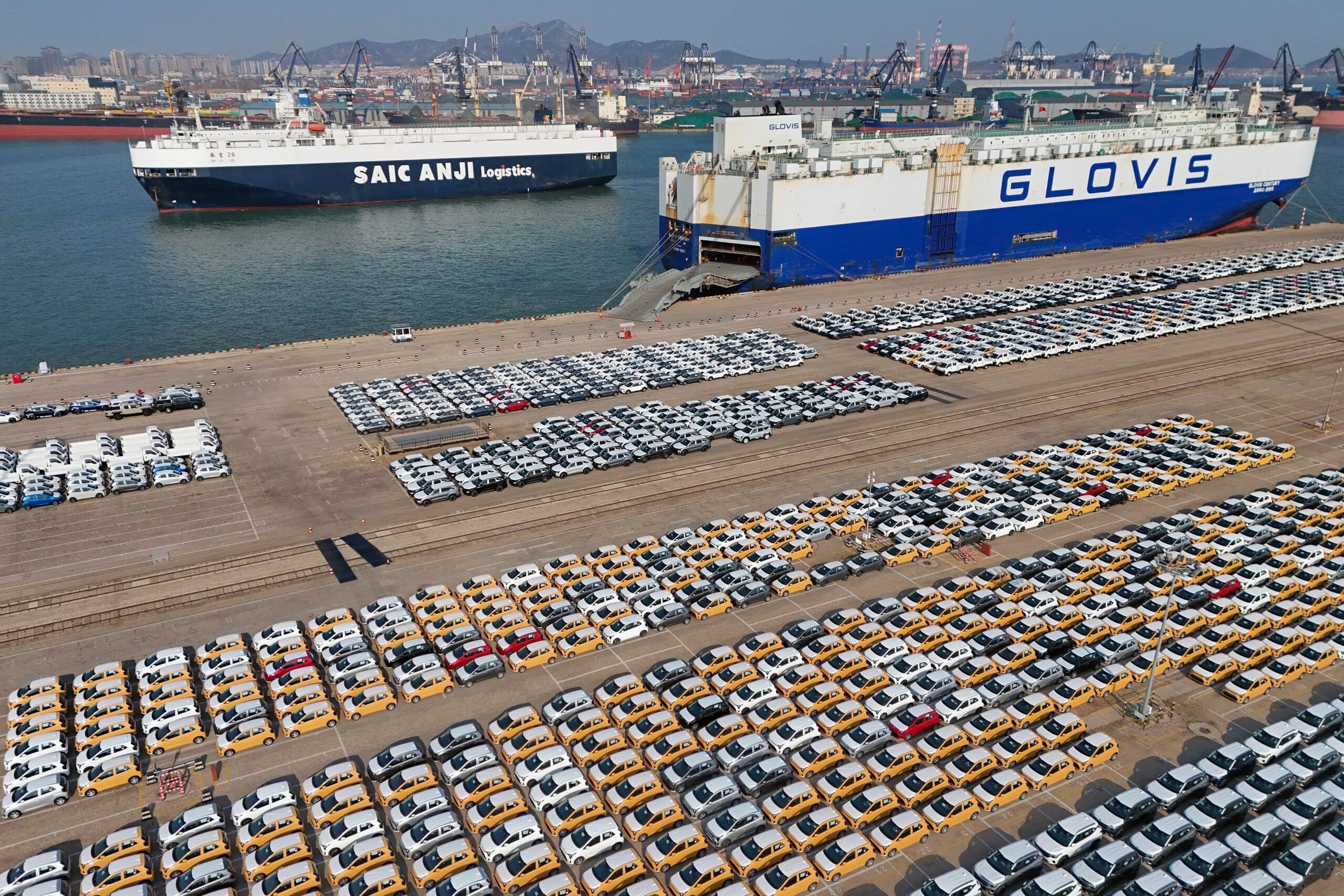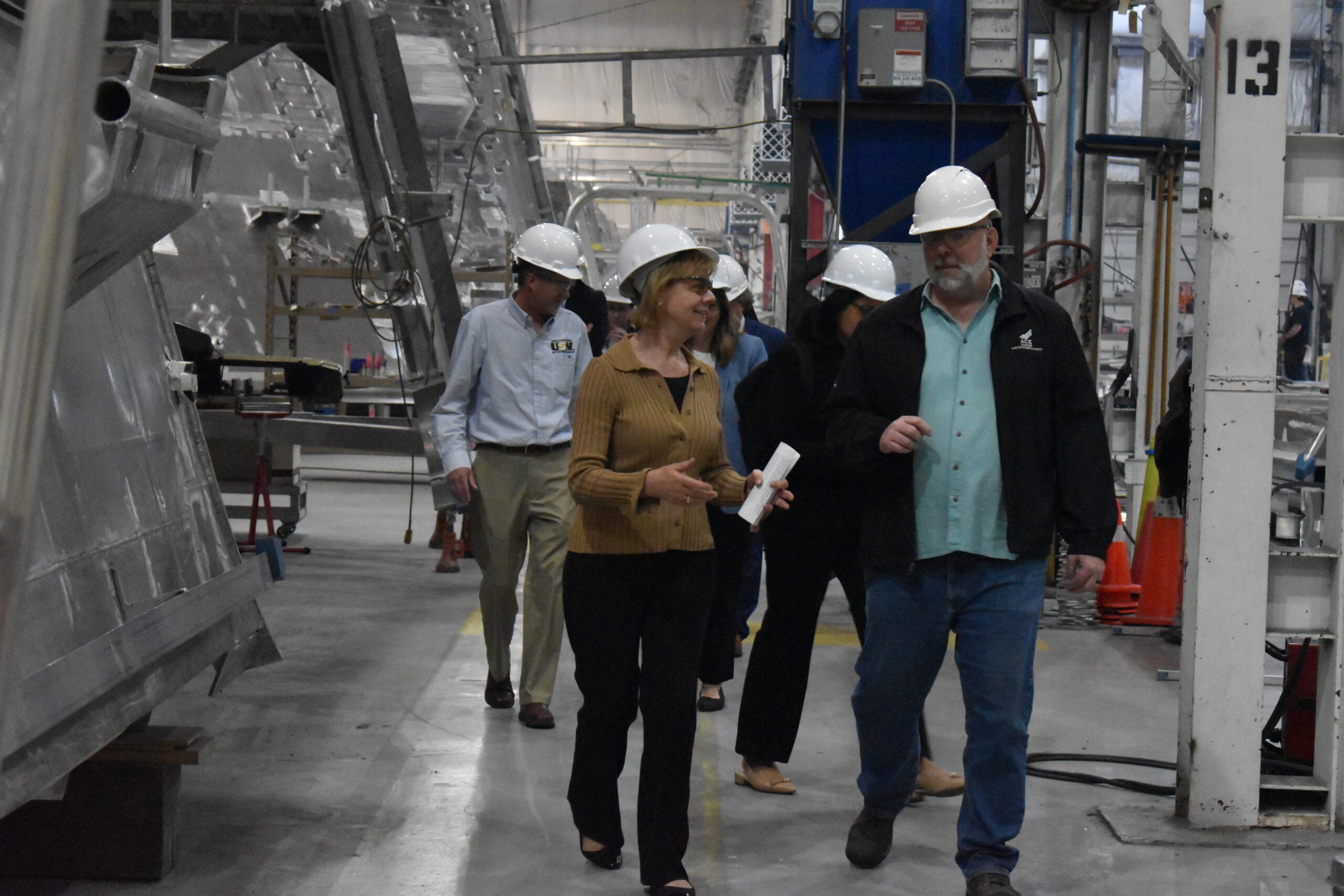The Trump administration’s implementation of widespread tariffs, followed by a pause on most of those same tariffs, has created an uncertain economic landscape for Wisconsin businesses and consumers.
Wisconsin Republican U.S. Sen. Ron Johnson is concerned about the harms those tariffs could cause for his own state, but he’s glad to see the president narrow the focus of his trade dispute toward China.
“I hope we benefit from this. I hope it doesn’t blow up in our faces,” Johnson said. “The sooner this can conclude, the sooner that the entire strategy plays out and we end up with whatever the result will be, the better.”
Stay informed on the latest news
Sign up for WPR’s email newsletter.
Johnson recently talked to WPR’s “Wisconsin Today” about his views on international trade strategy, its impact on Wisconsin and what he wants to see from the Trump administration moving forward.
The following was edited for clarity and brevity.
Kate Archer Kent: You’ve advocated for free and fair trade. Do you see President Trump’s use of tariffs as getting us closer to that?
Ron Johnson: Well, I hope so. We’ll see how it all turns out. He obviously has a strategy in mind. I’m not privy to what that strategy is, and I understand that as well. If you’re negotiating with people, you can’t let them know what your strategy is, either. So the more people know, the more that might get out. So I don’t know what the end game is here.
I was relieved when he paused the very high reciprocal tariffs that were going to create an awful lot of pain for Wisconsinites, for our manufacturers, for our farmers. I’m glad he paused that and is focusing now on the real abuser of the world trading organization and international trading norms in China, and that’s a tough nut to crack there.
KAK: Do you think an escalating trade war with China can ultimately lead to more fair trade?
RJ: I hope so. I’m cheering President Trump on that he succeeds. I don’t want to see him fail at this. From my standpoint, the primary issue with China is how they have stolen and continue to steal our intellectual property. It’s not just the big stuff. Even small companies that have some kind of technological advantage, China has no problem coming in, ripping off their intellectual property, stealing their products or producing them, ignoring their patents and literally bankrupting good businesses. So that is the main abuse.
KAK: You worked in the plastics manufacturing industry in Wisconsin for decades before Congress. How do you think companies like the one you ran are feeling about this economic volatility? Does it make sense to try to reshore manufacturing?
RJ: There’s no doubt that there are a number of products that are vital to our national security interests that have been offshored, and we need to figure out some way to bring them back: active pharmaceutical ingredients, precursor chemicals, advanced semiconductors, rare earth minerals.
There’s probably a really significant list of those things, but we ought to target those products, as opposed to just generalized tariffs and erecting our own trade barriers because it makes no sense to try and bring back high labor products. That’s why it moved offshore to begin with. It makes a lot of sense to diversify our supply base. It doesn’t make any sense to have all of it manufactured in China.
KAK: Should it be up to the sole discretion of the president to have this much tariff authority?
RJ: Well, Congress has given him that authority. I think Congress, in a number of instances, has willingly granted the executive branch an awful lot of their constitutional authority because they don’t want to be held accountable. If I had more confidence in Congress, I might be a little bit more aggressive in trying to claw that authority back. But when we can’t pass budgets, when we don’t pass appropriation bills, when we don’t take our power of the purse seriously, it’s kind of hard to want to claw that back.
So I think theoretically, yeah, I’d like to see Congress exercise more of its constitutional authority, give less of it away and claw some of it back. But in the current situation, that’s not going to happen anytime soon. So all [Congress] can really do is make this administration aware of the collateral damage done by the trade war and hope that they’re sensitive to that and can ameliorate it as best as possible.
KAK: Do you feel like the Trump administration has been receptive to push back from you and other Republicans about these tariffs and the concerns you have?
RJ: I think the fact that the president paused the reciprocal tariffs is evidence of that fact. I know his U.S. Trade Representative, [Jamieson] Greer, we’re in contact with him. I’ll be meeting with him in the next few weeks. He certainly got the case studies I gave him and entered the record during our finance committee hearing with him. So they’re definitely open to dialogue and communication.
KAK: When tariffs are raised, consumers pay more as companies deal with higher costs up and down their supply chains. How long should Wisconsinites be prepared to wait for positive effects to kick in?
RJ: It’s one of the reasons I’m not in favor of tariffs as a revenue raiser. I don’t want to tax the American people more. I don’t want to drive up the cost of any products. I want to reduce the size, scope and cost of the federal government, so I’m focusing on returning to a reasonable pre-pandemic level of spending. That’s what my focus is on right now, not raising more revenue through tariffs or increasing tax rates on anybody.
